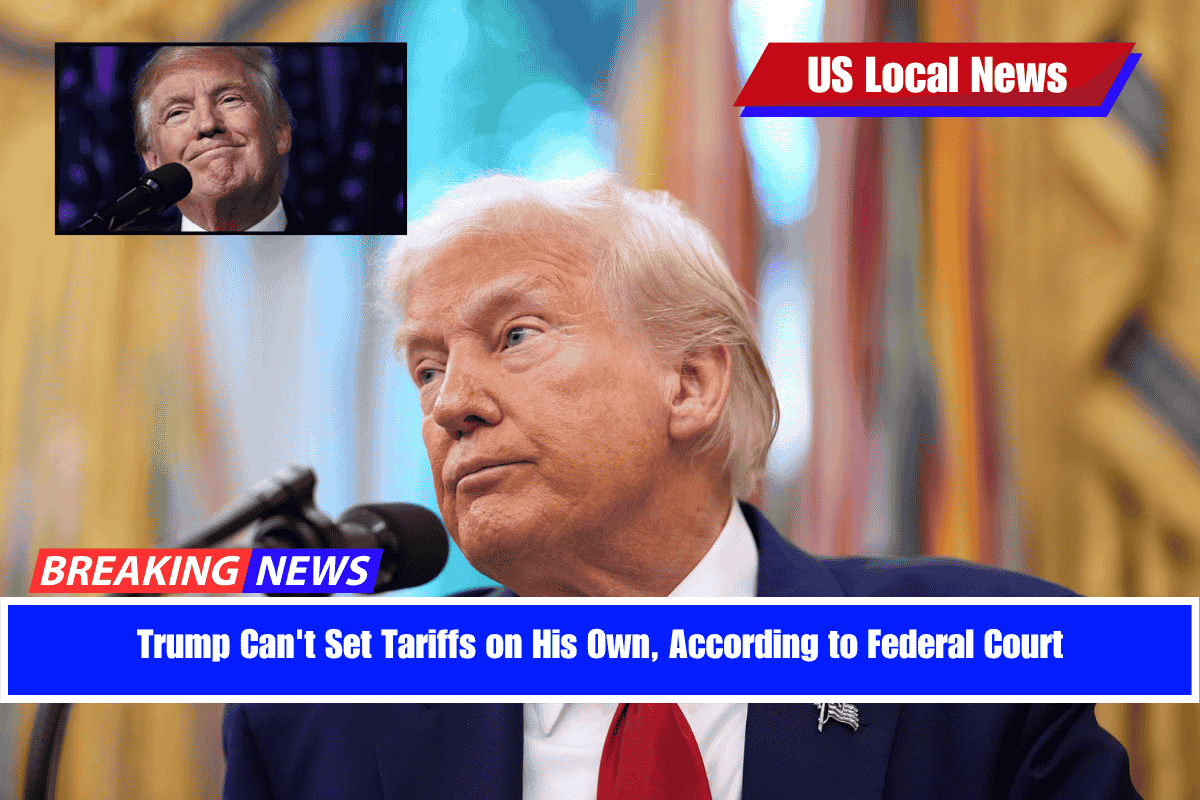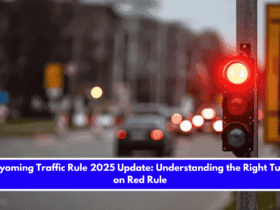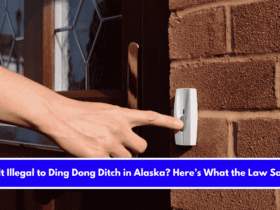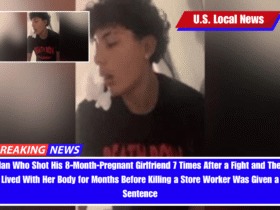A three-judge panel from the New York-based Court of International Trade ruled that President Donald Trump’s global tariffs are “contrary to law.” The court found that the International Emergency Economic Powers Act (IEEPA), which Trump used to impose these tariffs, does not give him unlimited authority to set tariffs.
Court Ruling Highlights Limits on Presidential Power
The judges wrote that the president’s tariff powers under IEEPA must have limits in duration and scope, which Trump’s tariffs exceeded. They stated that Congress—not the president—has the power to impose tariffs except in rare “unusual and extraordinary” cases, which the court said Trump’s tariffs did not qualify for.
The court said, “Because of the Constitution’s express allocation of tariff power to Congress, we do not read IEEPA to delegate an unbounded tariff authority to the President.”
White House Responds, Plans to Appeal
The White House called the ruling inappropriate, with spokesman Kush Desai saying, “It is not for unelected judges to decide how to properly address a national emergency.” The administration filed a notice of appeal and plans to challenge the decision at the U.S. Court of Appeals for the Federal Circuit.
Cases Behind the Decision
The decision was made in two separate cases—one filed by small businesses and another by 12 Democratic attorneys general. The lawsuits argued that IEEPA does not allow the president to impose broad tariffs worldwide and that Trump’s claimed emergency justification was false.
Nevada Attorney General Aaron Ford called the ruling “a win for the rule of law,” saying the tariffs were illegal and harmful to the economy. New York Attorney General Letitia James praised the decision as a victory for American workers and businesses, calling the tariffs “a massive tax hike.”
Legal Arguments and Court Hearing
Lawyers for the small businesses argued that decades-long trade deficits do not constitute an emergency. At a May hearing, a panel of judges appointed by Presidents Obama, Trump, and Reagan questioned the legal basis for the tariffs.
Jeffrey Schwab, lawyer for the plaintiffs, said Trump’s emergency claim was “a wild pitch” far outside the legal “strike zone,” meaning there was no valid reason for the tariffs.
Significance of the Ruling
This is the first time a federal court has ruled on the legality of Trump’s tariffs under IEEPA. Earlier, a judge in Florida had suggested the president had this authority but transferred the case to the Court of International Trade.











Leave a Reply